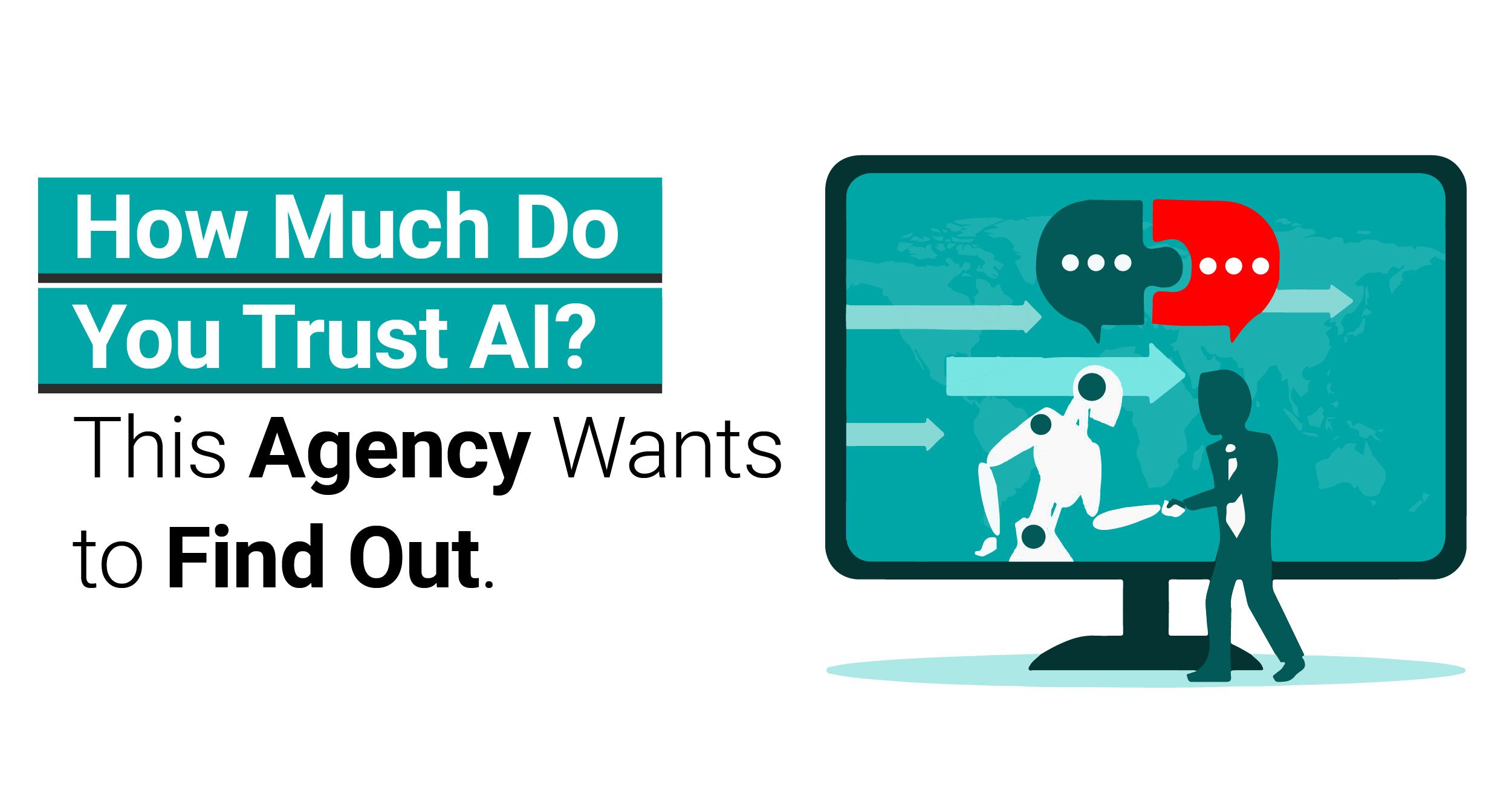
How Much Do You Trust AI? This Agency Wants to Find Out.
As AI evolves to take on a greater role in our everyday lives from AI in healthcare to finance AI, it's vital that trust between us humans and machines also increases. As such, The National Institute of Standards and Technology (NIST) aims to quantify a person's trust in AI. This federal agency wants to do this so that businesses can make informed decisions in order to improve areas where people currently don't trust AI.
How much do we currently trust AI?
Various factors can influence how much we trust artificial intelligence. Greater exposure to science fiction or having AI skeptics among friends and family, obviously creates a greater likelihood for mistrust to form. Next to this, an individual’s mood or stress levels on a particular day can have a significant impact on how much someone trusts AI. Without enough trust, people will be much slower to adopt new AI technologies or even reject them entirely.
Why do people mistrust AI?
Next to general mistrust brought on by the views of our friends, family and what we see in the media, most of us have either experienced or witnessed the negative side of AI bias. For example, studies from academics and the NIST discovered that at times facial-recognition systems can misidentify Asian and Black people at rates 100 times more frequent than white people. The fact is, by now most of us have seen enough of the detrimental effects of AI, to be at least slightly distrusting of it.
How can people trust artificial intelligence more?
Once more information is collected from the NIST’s research, it will be clear in which ways the industry has to improve in order to increase people’s trust in AI. Either way, it’s vital that when mistakes happen, which they will, that the entity responsible takes accountability. People have to not only trust AI, but also those implementing it. Next to this, with nations looking to establish AI regulations and AI ethics, this could put many people’s minds at ease through creating a global standard for what is considered low or high risk. Want to learn more about the latest artificial intelligence news? Read the original article here.
Take a look at more top articles, trends and experts by signing up for our newsletter—By getting to choose which topics interest you the most, you get the latest news delivered with ease.